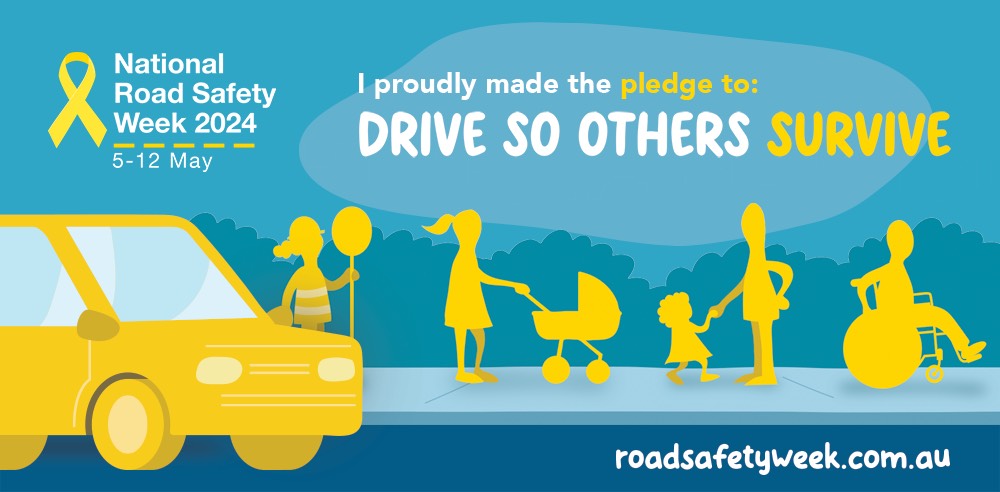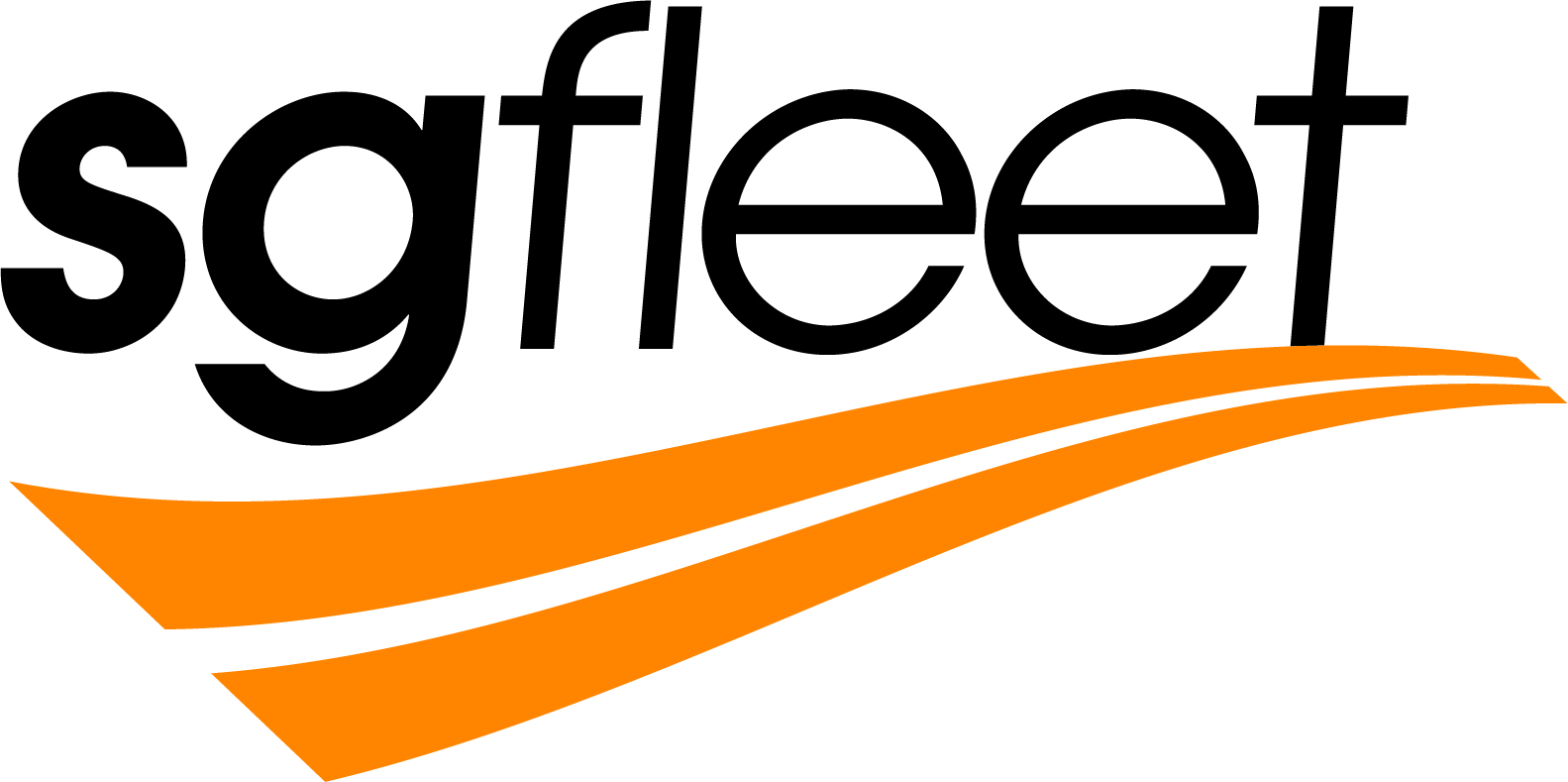
Road safety campaigns – are we getting the message?
For your employeesAustralia’s National Road Safety Week runs from 5 May to 12 May, and Aotearoa New Zealand’s equivalent from May 20 to May 26. It’s a great campaign highlighting to us all the importance of road safety as a 24/7, 365 days-a-year mission.
In our workplaces, making sure employees display behaviours and attitudes that prioritise their safety and that of other road users is an important objective and initiatives like this are great reminders.

Road safety campaigns from government and road safety bodies have graced our television screens and radio airwaves for decades. These campaigns not only act as reminders for us daily, but they provide an interesting trajectory of the approach to community service announcements — from catchy taglines and characters for keeping children and other pedestrians safe, to the confronting realities of road trauma.
Here are some of the more memorable and effective road safety campaigns you may remember from the UK, Aotearoa New Zealand and Australia.
Stop, look, listen, think: The Green Cross Code
It is one of the world’s most enduring road safety campaigns: The Royal Society for the Prevention of Accidents’ Green Cross Code campaign in the UK.
Launched in 1970 (and still in use as late as 2020), this replaced other popular road safety campaigns: the Tufty Fluffytail information films that used cute stop-motion characters to impart their message, and the Kerb Drill that aligned the safety message with cultural trends such as the training of soldiers during the 1940s’ war years.
Although the delivery of the Green Cross Code campaign also changed over time, ‘Stop, Look, Listen, Think’ remained its cornerstone mantra for teaching and reminding kids how to cross roads responsibly. In the mid-1970s, a costumed superhero delivered that mantra in the form of an imposing 1.98-metre-tall former British weightlifting champion, David Prowse.
Prowse is undoubtedly better known worldwide for playing one of cinema’s greatest-ever villains, Darth Vader, in the original Star Wars films trilogy. However, in The Guardian in 2014, Prowse described his time as The Green Cross Man as “the best job I’ve ever had, including my Star Wars role, and by far my proudest achievement”.
“When the campaign started in the mid-70s, there were 40,000 children every year who became road accident casualties,” he writes. “By the end of the campaign, the number of children involved in road traffic accidents had halved. It’s been estimated that the Code saved as many as 250,000 children from being injured or killed on our roads.”
Hector the Road Safety Cat
Australian kids of the 70s and 80s need no introduction to Hector the Road Safety Cat, or ‘Hector the Cat’ as he was better known.
Similar to the UK’s Green Cross Man, Hector was conceived by the Australian Department of Transport as a means for teaching kids about road safety, with part of his backstory, according to Alex Maggs and Margaret Brown (p134), being that he’d lost eight of his nine lives from ignorance on road safety.
Not surprisingly, Hector the Cat road safety ads featured heavily in after-school television programming across Australia in the late 70s and early 80s, with the memorable jingle reminding kids to:
Stop at the kerb,
Look to the right,
Look to the left,
Look to the right again.
Then if the road is clear of traffic, walk straight across the road — don’t run,
Walk straight across the road.
This jingle is likely to be as deeply embedded in the subconscious of middle-aged Australian adults as the theme songs to The Flintstones or The Brady Bunch, demonstrating how rhyme and repetition can be a powerful tool for imparting ‘sticky’ messages.
“If You Drink Then Drive, You’re a Bloody Idiot.”
As the 80s drew to a close, Victoria’s Transport Accident Commission (TAC) – perhaps inspired by the shock value of Australia’s National Advisory Council on AIDS (NACAIDS) Grim Reaper TV commercial from 1987 – took the gloves off when it came to road safety awareness.
In 1989, 776 people died on Victorian roads alone. In response to this staggering number, the TAC partnered with ad agency Grey Melbourne to help reduce the carnage— a partnership that remains to the present day.
Past approaches to road safety commercials in Australia had focused on preventative measures,(Would You Let a Friend Drive if He’s Had Too Much to Drink?), or on police presence on the roads (This is Lucky Phil). But, in December 1989 – and on the cusp of the Christmas and New Years’ holiday season – the way in which road safety messages would be communicated in Australia (and later, Aotearoa New Zealand) were changed forever with the landmark ‘If you drink then drive, you’re a bloody idiot’ commercial.
Focusing on the devastating impact of road trauma on victims’ families, this campaign presented graphic and highly emotive ‘fly-on-the-wall’ dramatisations of hospital emergency rooms in the aftermath of collisions caused by drunk drivers and negligence behind the wheel.
Its effect, alongside subsequent commercials in the series with the same graphic depictions of road trauma, saw Victoria’s road toll drop from 776 in 1989 to 396 by 1992.
The TAC/Grey Melbourne approach has been adopted by other states, territories and national road safety departments across the country, including 2002’s A Killer is a Killer ad for the Pedestrian Council of Australia featuring notorious criminal Mark ‘Chopper’ Read.
“MAATE!” Road Safety Commercials in Aotearoa New Zealand
In the mid-90s, Aotearoa New Zealand’s Land Transport Safety Authority (LTSA) – now known as Waka Kotahi NZ Transport Agency – also implemented a ‘shock’ road safety strategy in the mould of Victoria’s TAC.
‘Same Day’ re-enacted a head-on collision between a speeding driver and a family on a day trip. The commercial’s coda is the partner of the speeding driver letting him know that a speeding fine arrived in the mail, which correlates to the tragic accident: “It’s the same day, David… Don’t say sorry to me, say sorry to his kids.”
Other commercials in the series focusing on the reality of road trauma and its consequences have had a similar impact. Consequences highlights speeding, Maate takes aim at drink-driving and speeding, Daddy on women drink-drivers. But, where the TAC and LTSA/Waka Kotahi NZ Transport Agency part ways are with three of perhaps the most harrowing road safety commercials ever aired. Upping the ‘consequences’ message, Always Wear Your Safety Belt, 1999’s Farm Gate and 2014’s Other People Make Mistakes pay particular attention to young lives lost. Be warned, although these ads met Aotearoa New Zealand advertising standards, they’re not easy to view.
“My Dad invented blazing…”
You can’t discuss Aotearoa New Zealand road safety commercials without paying credit to two ads that skilfully blend humour with culturally specific, serious safety messages: 2011’s Legend, and the widely acclaimed ‘Blazing’ (directed by Taika Waititi and starring Julian Dennison who would later team again together for the film, Hunt for the Wilderpeople). Both of these ads purposely targeted Aotearoa’s Māori and Pasifika communities about the dangers of driving drunk and under the influence of drugs, and – in the case of Blazing – how kids notice the behaviour of their parents.
Although the classic lines of “I’ve been internalising a really complicated situation in my head” and “Bro, my dad invented burnouts” have become part of pop culture, their skill in engaging through laughs didn’t overshadow the importance of their road safety message.
Stay safe
Improving safety and reducing the number of fatalities on our roads is not a set-and-forget measure; it’s an ongoing challenge that needs to be tackled in different ways at different times for different cultures. While all of the road safety campaigns we’ve looked at here have made a considerable contribution to reducing the road toll, it’s a message that needs to be continually reinforced.
We all have a part to play when it comes to road safety, and that includes creating a culture of safety with your workplace’s attitude to safety — not just during business hours but in the behaviours and attitudes of your employees every time they’re in control of a vehicle.

SG Fleet is a proud sponsor of National Road Safety Week.
 Driving Insights
Driving Insights



